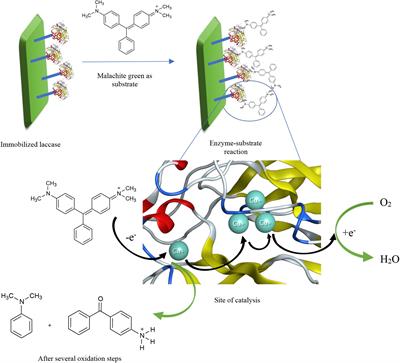EDITORIAL
Published on 22 Jul 2021
Editorial: Eco-Sustainable Bioremediation of Textile Dye Wastewaters: Innovative Microbial Treatment Technologies and Mechanistic Insights of Textile Dye Biodegradation
doi 10.3389/fmicb.2021.707083
- 2,928 views
- 13 citations






